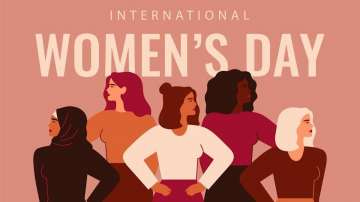International Women's Day 2024
The truth is, no one of us can be free until everybody is free. Maya Angelou
Happy International Women’s Day 2024. This IWD, we wanted to take space to discuss everything going on in the battery space to diversify not just our cathode chemistries but also our workforce. International Women’s Day is a fantastic opportunity to talk about not just gender, b…




